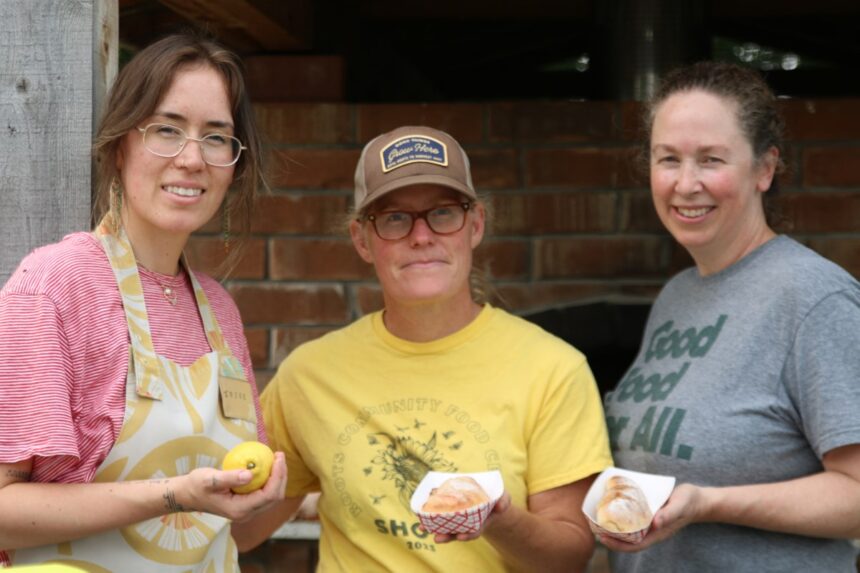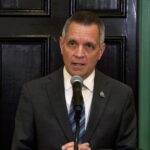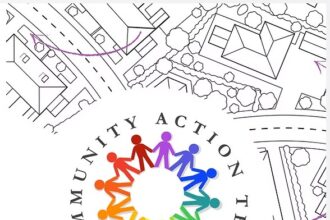The aroma of grilling burgers wafted through Thunder Bay’s south side neighborhood yesterday as residents lined up for more than just a free meal. Behind the cheerful facade of a community barbecue lay a more sobering reality: rising food insecurity that continues to affect hundreds of local families.
“We’re seeing people who’ve never needed food assistance before,” said Melissa Thomson, executive director of Thunder Bay Community Outreach, which organized the event. “The face of hunger is changing—it’s your neighbor, your coworker, sometimes even your child’s teacher.”
Over 300 residents attended the barbecue at Lakehead Community Park, where volunteers distributed not only hot meals but also grocery packages containing fresh produce, staples, and hygiene products. The event, now in its third year, has grown significantly—a troubling indicator of increasing need across the region.
Local data supports this observation. According to the Thunder Bay District Health Unit, food bank usage in the area has increased by 24% since 2021, with nearly one in seven households experiencing some form of food insecurity. The combination of inflation, housing costs, and stagnant wages has created what social workers describe as “a perfect storm” for vulnerable residents.
City Councillor Rebecca Martinez, who attended the event, emphasized the need for systemic solutions. “Community initiatives like this are vital, but they’re band-aids on a larger wound,” she told CO24 News. “We need affordable housing, better jobs, and social supports that prevent people from having to choose between paying rent and buying groceries.”
The barbecue was supported by several local businesses, including Northern Grocers, Lakehead Meat Processors, and Thunder Bay Credit Union, which collectively donated approximately $6,000 in food and supplies. Volunteers from Lakehead University’s Social Work program helped coordinate the event, gaining practical experience while providing essential services.
Mark Okonski, who attended with his two children, reflected the reality many face. “I work full-time in construction, but after rent, utilities, and car payments, there’s barely enough for food some weeks,” he said. “Events like this help bridge the gap, especially near month-end when things get tight.”
Beyond immediate relief, organizers used the gathering to connect attendees with additional resources, including employment services, housing assistance, and health screenings. Representatives from the Thunder Bay Health Coalition provided information on low-cost prescription programs and mental health supports.
“Food insecurity isn’t just about hunger—it’s linked to poorer health outcomes, increased healthcare costs, and reduced academic performance in children,” explained Dr. Karen Williams, a public health researcher at Lakehead University. “When people can’t access nutritious food consistently, the entire community feels the impact.”
As Thunder Bay prepares for winter, when food costs typically rise and seasonal employment opportunities decrease, community organizers are already planning additional outreach events. The Thunder Bay Food Security Network has announced plans for monthly pop-up food markets in underserved neighborhoods, beginning in October.
For residents like Thomson, these efforts represent more than charity—they’re about preserving dignity in difficult times. “Nobody should feel ashamed about needing help,” she said. “Today we’re not just feeding people; we’re building connections and reminding everyone that we’re in this together.”
As policymakers and community leaders continue debating long-term solutions to food insecurity, the question remains: in a country as prosperous as Canada, how have we normalized the reality that working families cannot afford to put food on their tables?

























